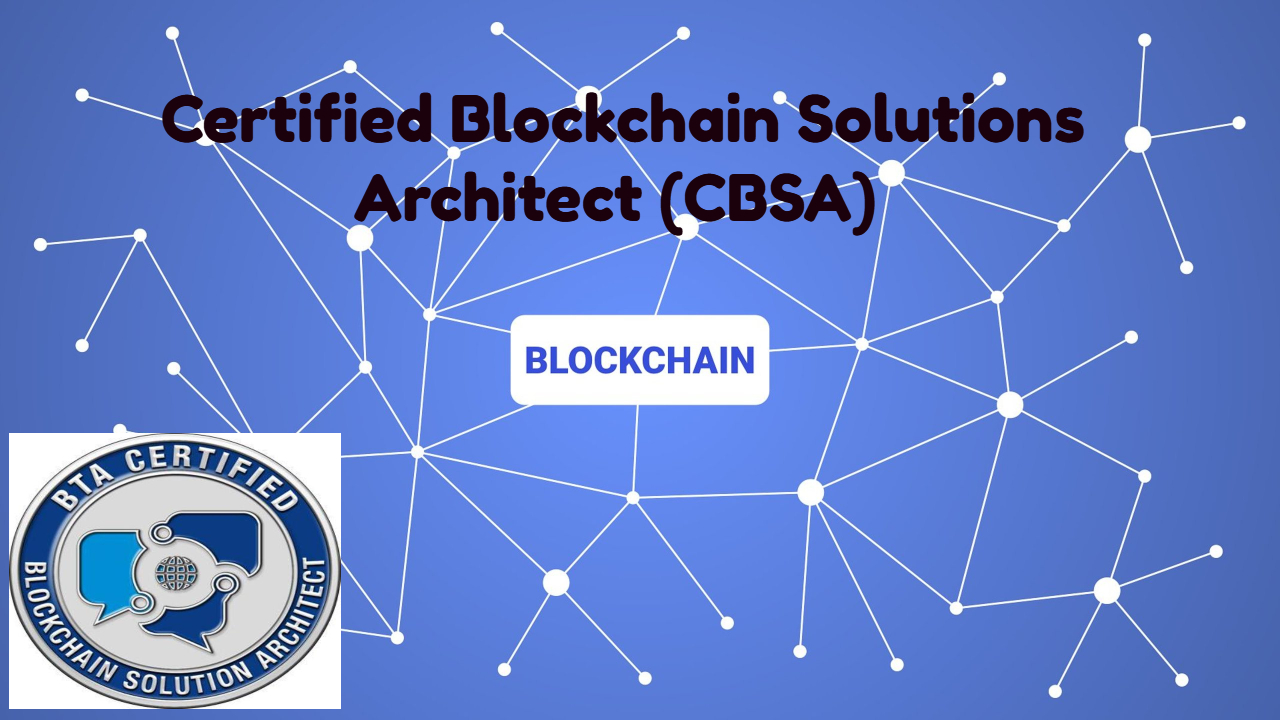Copyright © 2026 LOOP All Rights Reserved.
Google Cloud Professional Cloud Developer

Course Description
"A Professional Cloud Developer builds scalable and highly available applications using Google recommended practices and tools that leverage fully managed services. This individual has experience with next generation databases, runtime environments and developer tools. They also have proficiency with at least one general purpose programming language and are skilled with using Stackdriver to produce meaningful metrics and logs to debug and trace code.
Course is meant to be a Crash Course for taking the Google Cloud Professional Cloud Developer Exam. It would be expected or at a minimum to have experience with Google Cloud and be a developer. Course has compressed the study objectives listed by Google Cloud and we have taken the beta exam. The exam is very challenging and will challenge the ""average"" developer.
Course Objectives
• Google Cloud Professional Cloud Developer Exam
Content
DevOps with GCP
Google Cloud Professional Cloud Developer
- Duration 14 hr 0 mins
- Skill level All Levels
- Languages en_US
- Tag(s) SkillsFuture Certification


